By JS-Brasssard
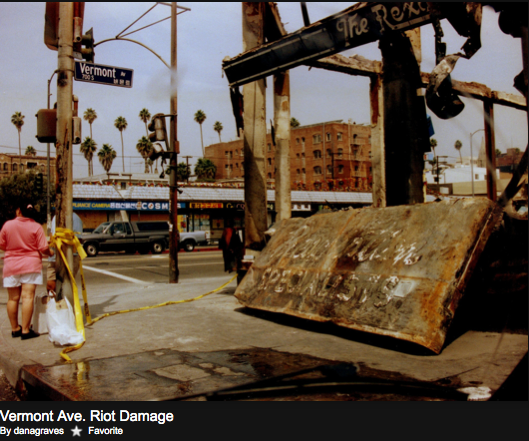 It had been less than a week since I
left Los Angeles when the police officers accused of beating Rodney King were
acquitted by a jury mostly composed of whites. The date was April 29th 1992;
I was 18 at the time.
It had been less than a week since I
left Los Angeles when the police officers accused of beating Rodney King were
acquitted by a jury mostly composed of whites. The date was April 29th 1992;
I was 18 at the time.
A couple of months earlier, my friend
Fred and I had run away from home and bought a one-way bus ticket from
Montreal to El-Paso, which we eventually extended to San-Diego. But our first
stop in California was Los Angeles. After stepping out of the Greyhound bus
station, we wandered south towards the Santa Monica freeway, and soon realized
this was not a place for backpacking teenagers. Even as we walked towards the
downtown area on 6th street, we could feel, and see, the
presence of gangs everywhere. Those were really rough times.
After a few weeks of camping out on the
beach in SoCal, we hitched a ride to San Francisco with a group of three
Five-Percent Nation types who were heading to Eugene, Oregon. Brother B
Wildflower was heading up there to reunite with his child's mother, trading
away L.A's urban landscape for the lush greenery of the Northwest. The
two other guys, Beau-Sage and Ko, were just tagging along for the
ride. Fred stopped in San Francisco, but I pushed all the way to Eugene
with the rest of the crew.
A day or two after we made it to our
destination, Ko and I were invited to a house party with a couple friends, a
native dreadlock named Corey and a wigger whose name I don't recall. This was
April 29. Upon Corey's suggestion, we took a shortcut through an alley. Soon,
we encountered a large black man who was washing his sports car and really
looked like an NFL linebacker in his L.A. Raiders jacket. The wigger took it
upon himself to strike a conversation with this man and bragged about his first
hand experience of L.A.'s gang ridden neighbourhoods. The black man accused him
of lying and, soon enough, started swinging at the wigger. He missed, pulled
out a knife, and started chasing us down the alley. I don't think I ever ran as
fast in my entire life. Not surprising so many talented athletes come from the
inner city.
It was only later that night, on the
news, that I found out what had happened in Los Angeles. The repercussions of
the Rodney King Uprising were felt all over the West Coast, from San Diego to
Seattle.
Continue reading...
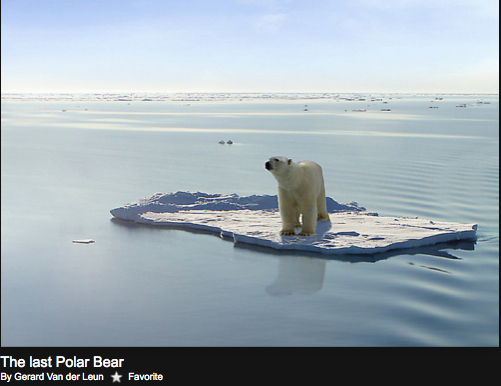
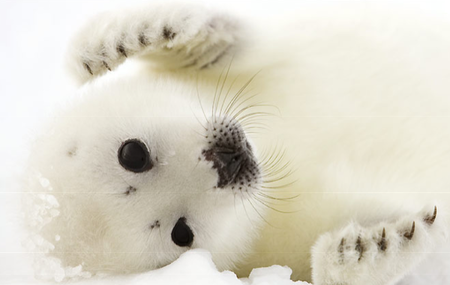 They are like balls of white fluff, shockingly soft fur, the
colour of the snow and snowy sky, frame impossibly black eyes that reflect
one's own face back at them. For hundreds of years, the men of Canada's
Northeast coast have brought their hakapiks and gaffs and clubs down through
the fragile skull between these eyes, sending gushes of familiar red squirting
into the frigid wind. Steam rises from their young, undeveloped muscles as
their skin is cut; a careful slice below the flipper, avoiding penetrate of the
large sac holding their guts, down and around the abdomen and up to the other
end. The flippers are removed, collected from each seal (a maximum of 12 per
man) to be taken home for Mom to make the obligatory stew or to be sold
privately. The pelt is removed as efficiently as possible and piled with the
others. Steam rises from their young, undeveloped muscles as their carcass are
left behind at the scene. Nature will take care of the thousands upon thousands
of skinless corpses.
They are like balls of white fluff, shockingly soft fur, the
colour of the snow and snowy sky, frame impossibly black eyes that reflect
one's own face back at them. For hundreds of years, the men of Canada's
Northeast coast have brought their hakapiks and gaffs and clubs down through
the fragile skull between these eyes, sending gushes of familiar red squirting
into the frigid wind. Steam rises from their young, undeveloped muscles as
their skin is cut; a careful slice below the flipper, avoiding penetrate of the
large sac holding their guts, down and around the abdomen and up to the other
end. The flippers are removed, collected from each seal (a maximum of 12 per
man) to be taken home for Mom to make the obligatory stew or to be sold
privately. The pelt is removed as efficiently as possible and piled with the
others. Steam rises from their young, undeveloped muscles as their carcass are
left behind at the scene. Nature will take care of the thousands upon thousands
of skinless corpses.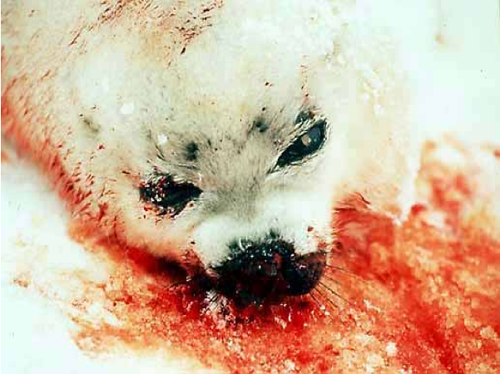

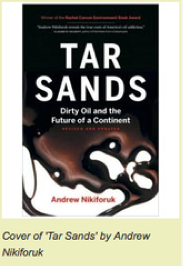
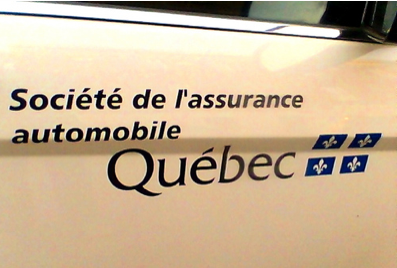
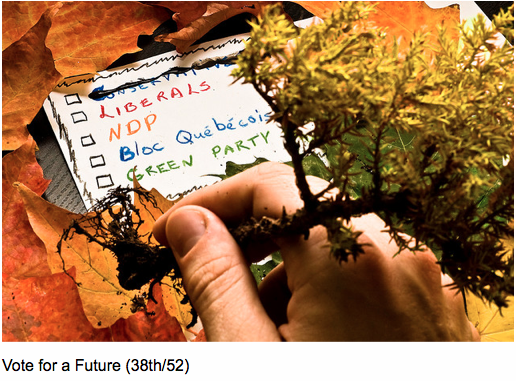
Recent Comments